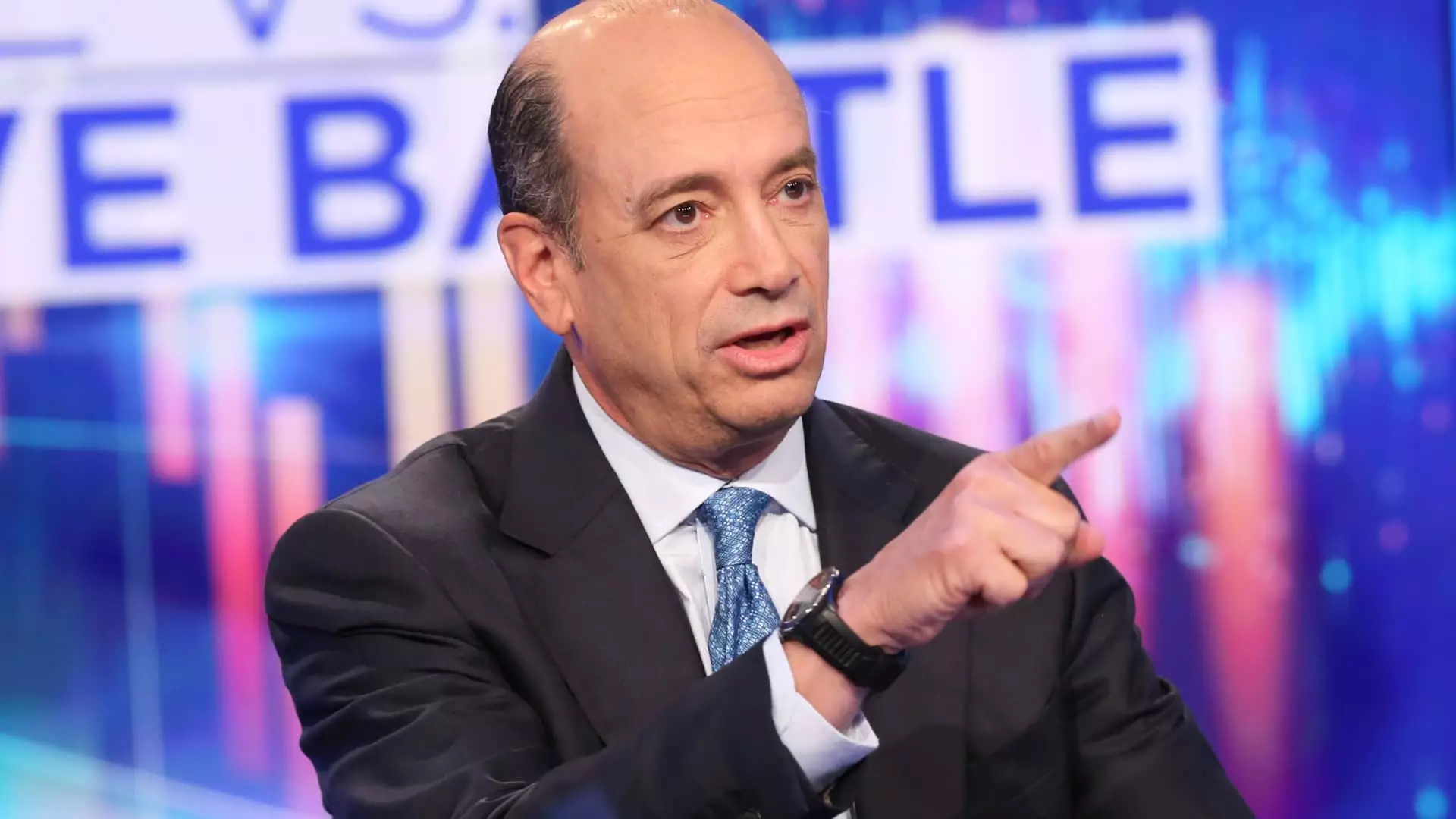Joel Greenblatt, a veteran in the investment world, advocates for value investing amidst the widespread skepticism about its viability in today’s market landscape. As the founder of Gotham Asset Management, Greenblatt’s philosophy challenges the mainstream understanding of value metrics, such as price-to-book and price-to-sales ratios. He asserts that such traditional metrics do not encapsulate the true essence of value investing, a perspective that begs for deeper analysis. Value investing has unfairly received a negative connotation primarily due to its recent performance compared to growth investing, but Greenblatt’s insistence on adapting the definition of value investing to focus more on cash flow presents an intriguing counter-narrative.
The Challenge of Conventional Metrics
The conventional tools used to identify value stocks may cloud the broader understanding of what constitutes true value. Greenblatt argues that viewing value through a more holistic lens—akin to how private equity investors assess businesses—provides a clearer picture of investment opportunities. This paradigm shift is significant, given that traditional methodologies have led many investors astray. The reality is that markets are emotional, and often susceptible to trends driven by narratives rather than fundamentals. The persistence of growth stocks, which have dramatically outpaced their value counterparts in the past two decades, reinforces the need to reconsider the metrics we use. By focusing strictly on numbers like price-to-book ratios, investors might overlook stories of resilience or potential that aren’t immediately reflected in market prices.
The Long Shadow of Growth Stocks
The past two decades have shown a meteoric rise in growth stocks, where the Russell 1000 Growth Index soared nearly 700%, eclipsing value stocks’ modest 189% increase. This has led many to paint value investing as a relic of the past, leaving seasoned investors scrambling for relevance. However, this trend begs the question: Are we genuinely witnessing the triumph of growth investment, or is it merely a market anomaly? Greenblatt contends that the extensive shift towards passive investment strategies with index funds and ETFs only exacerbated the issue. These vehicles favored growth stocks, often disregarding the fundamental factors that value investors prioritize. As a result, traditional value investors faced a crisis: how to navigate a landscape increasingly dominated by emotional investing and market trends.
Rediscovering the Art of Valuation
Greenblatt’s call for a return to disciplined valuation is not merely an academic exercise but a strategic necessity for savvy investors. For those equipped with the tools to identify undervalued assets significantly mispriced by market sentiment, opportunities abound. “Beating the market is difficult for active managers,” Greenblatt posits, but he believes it is not as insurmountable as often claimed. His philosophy emphasizes that understanding the intrinsic value of a business is essential. If an investor can develop a nuanced understanding that goes beyond superficial metrics, they can take advantage of market inefficiencies that others overlook.
A Beacon of Hope for Active Management
Greenblatt’s optimism about value investing is refreshing, especially in a climate where many decry the effectiveness of active management. His track record serves as a testament to the validity of his approach. Gotham Asset Management has managed to produce positive returns consistently, even amidst overwhelming growth stock dominance. This success sends a clear message: disciplined value investing remains a viable strategy.
A Turning Tide in Financial Markets
The discourse surrounding the performance of major stocks raises an essential question about market behavior. Greenblatt suggests it’s “abnormal” for the largest companies to continuously outperform the broader market as they have for over a decade. This perspective hints at potential shifts on the horizon, where valuations may realign, favoring those who understand the fundamentals of what a business is worth. As markets evolve, value investors may find the pendulum swinging back in their favor.
In an arena that often prioritizes instant gratification, those committed to the value-investing philosophy can find fulfillment in the process of discerning true value. Hence, amid the noise, disciplined investors will continue combing through the chaos, driven by the belief that every market challenge brings forth an opportunity.

